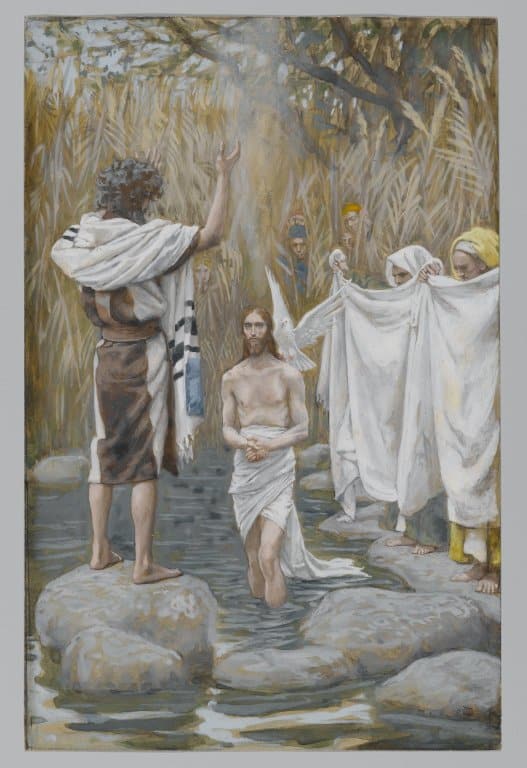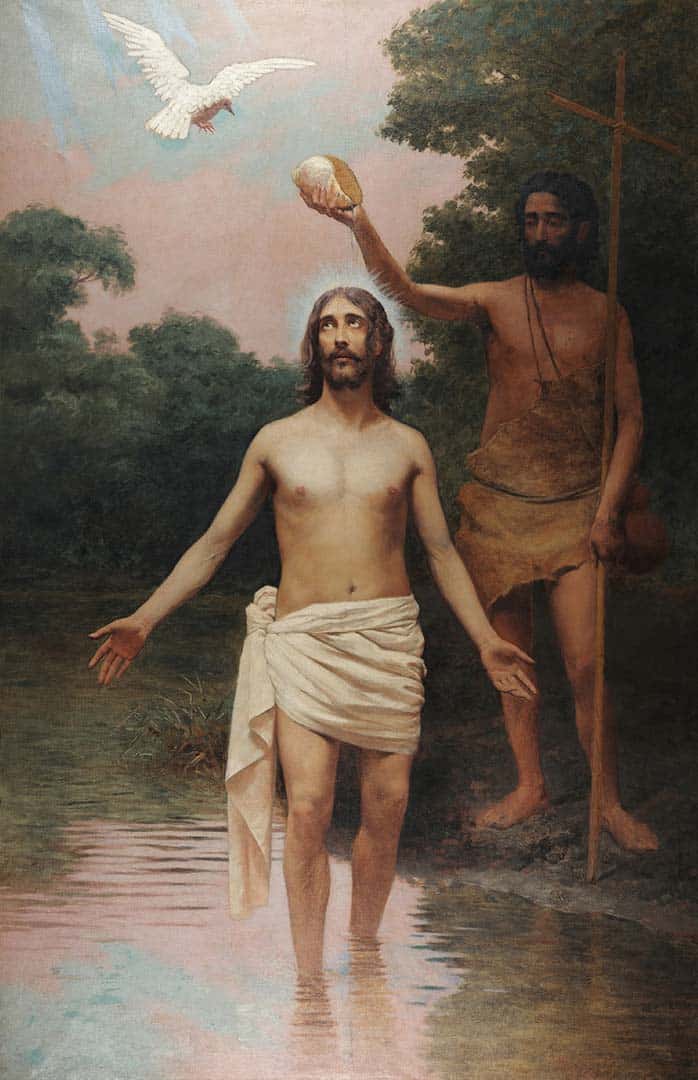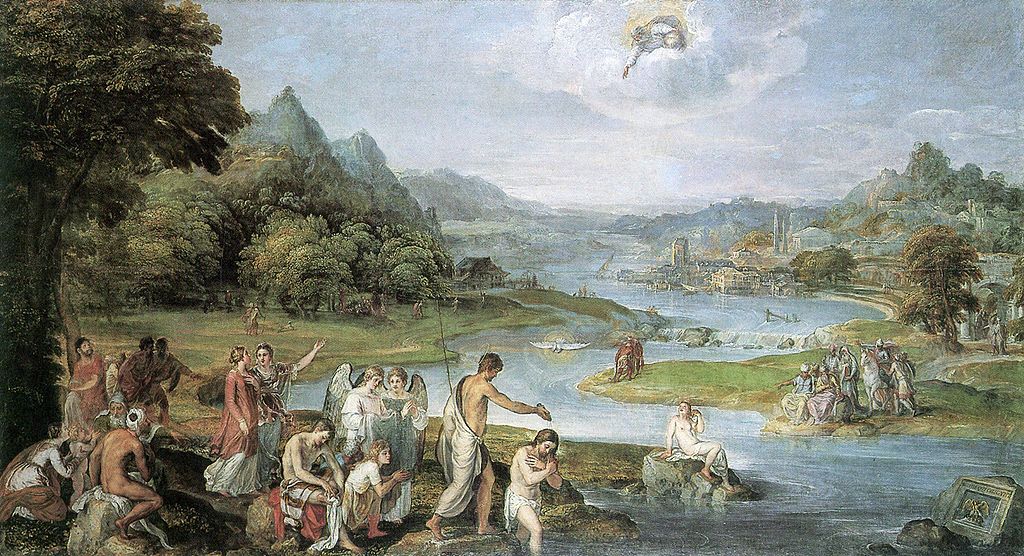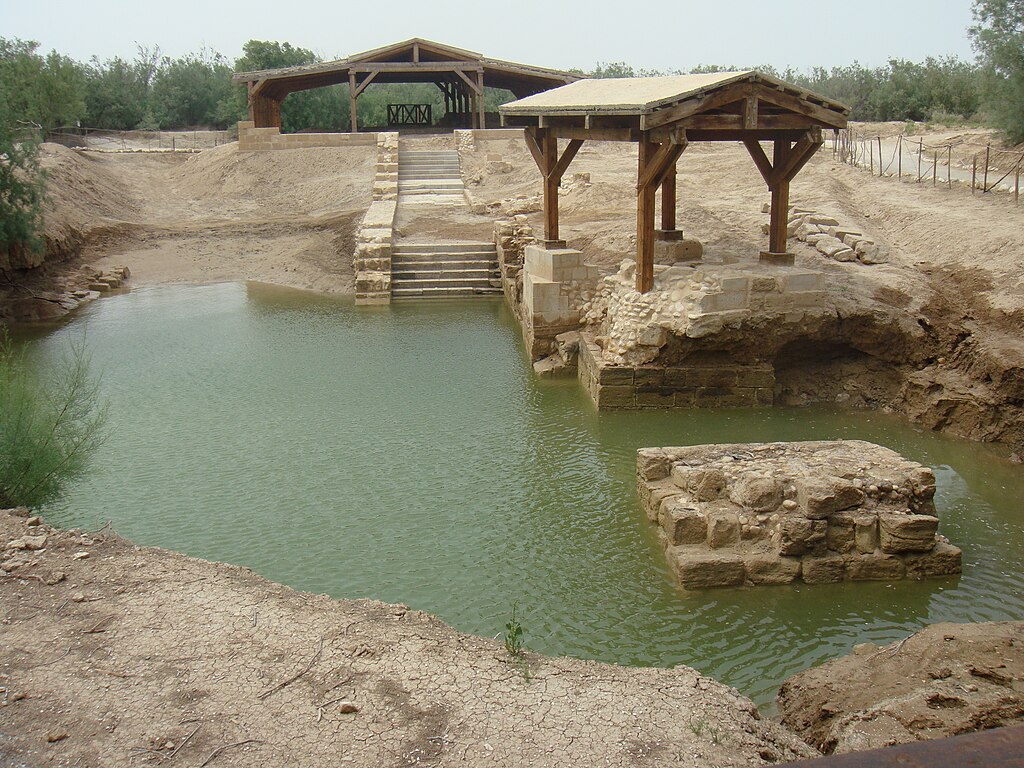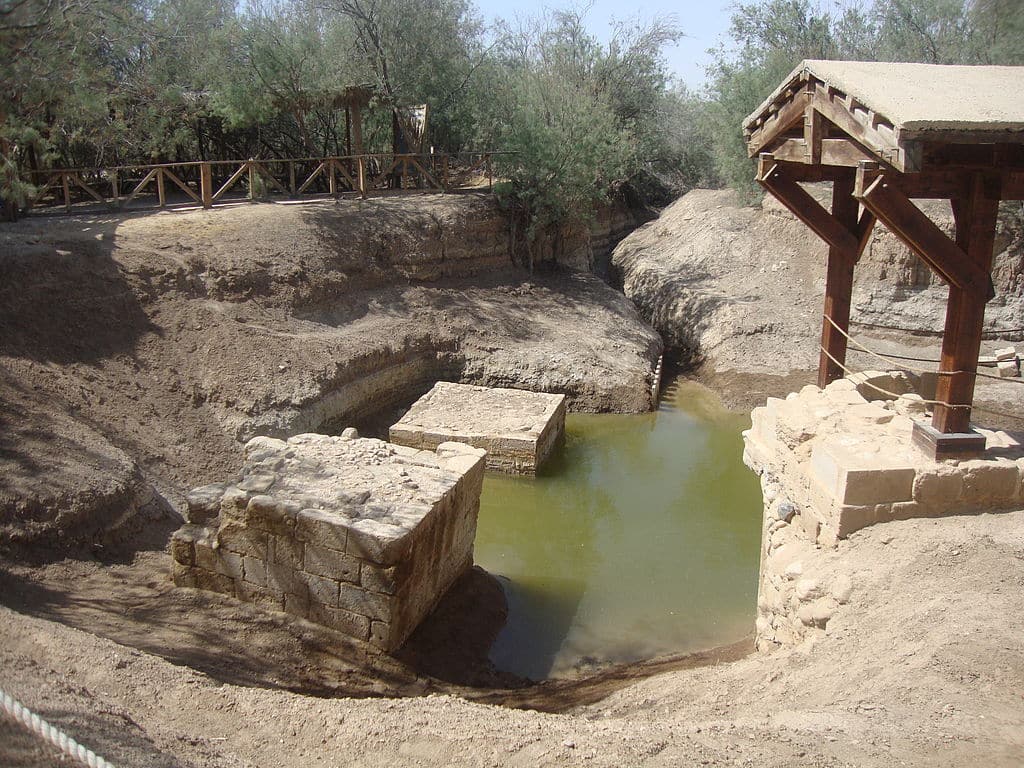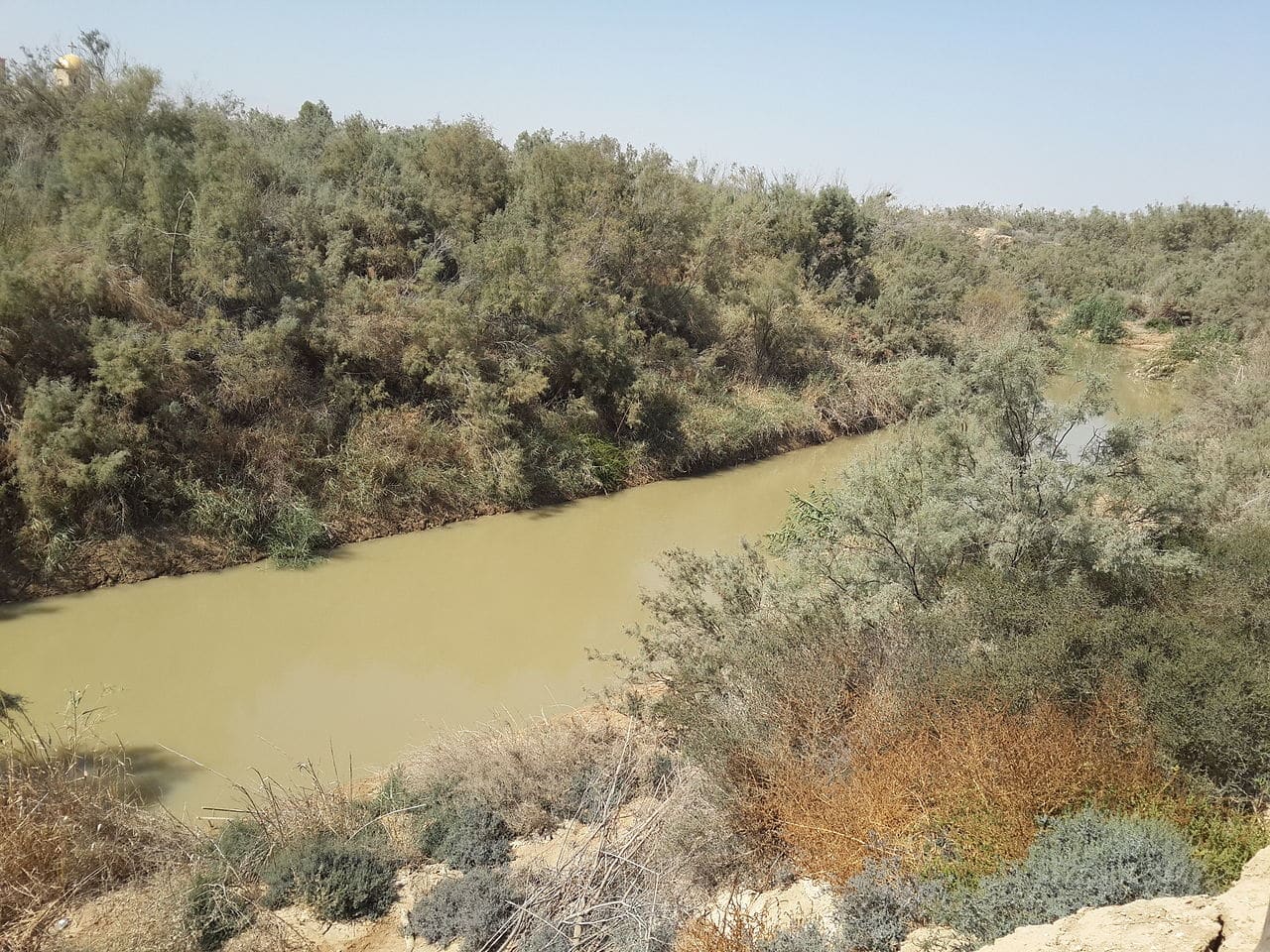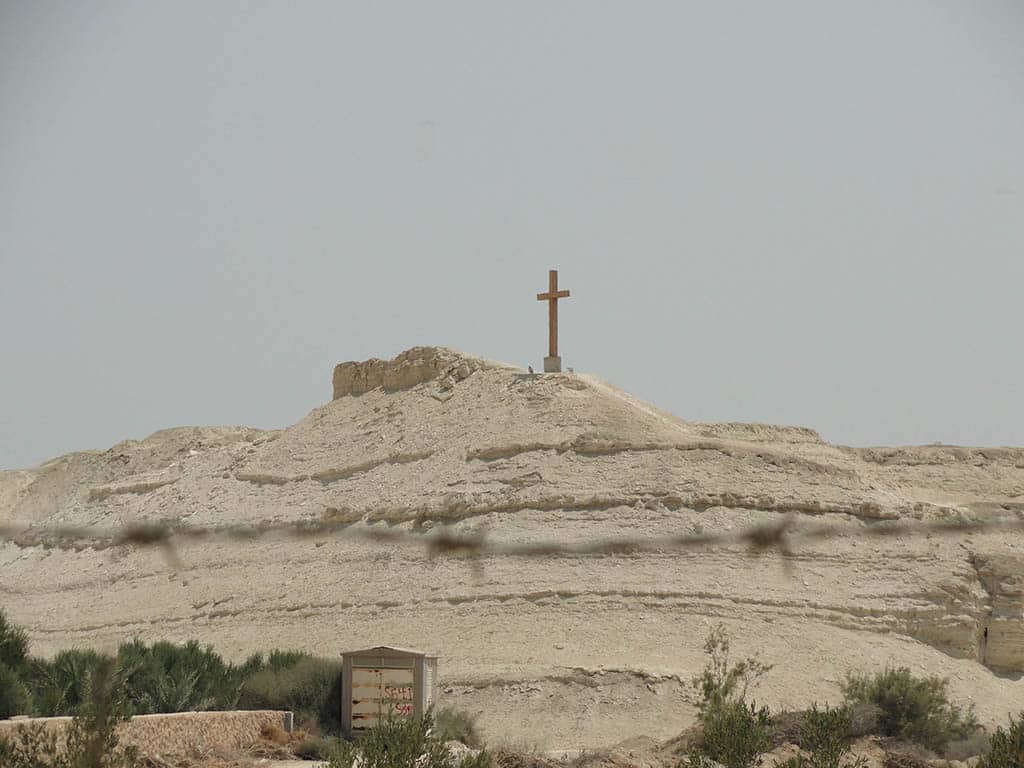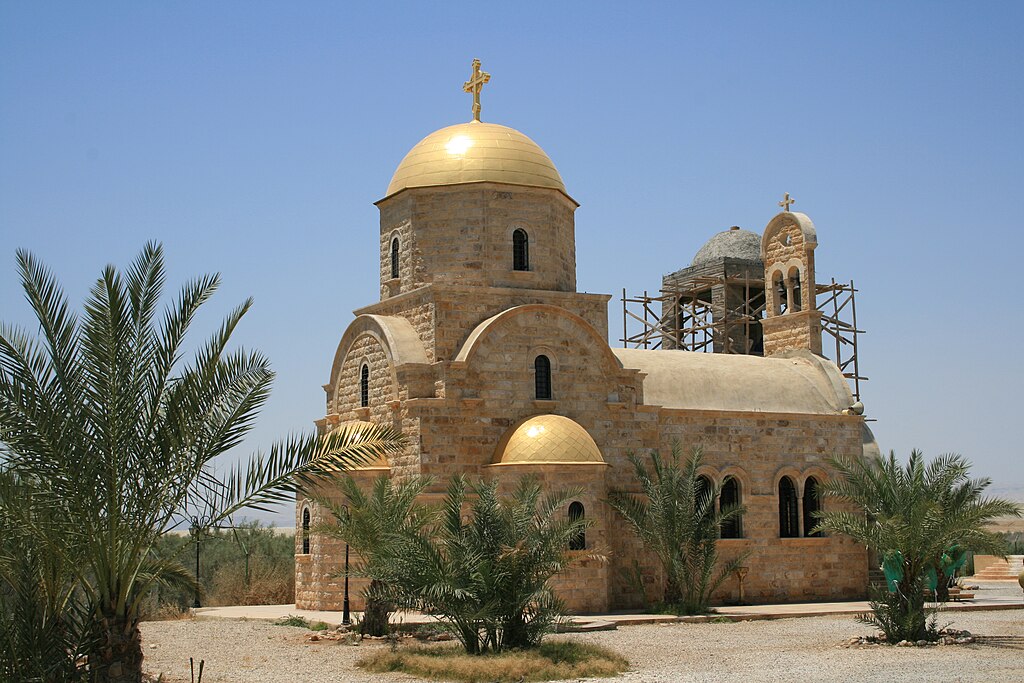The Northern Kingdom of Israel
Carousel of images for this Bible Exhibit
Listen to this Bible Exhibit
The Northern Kingdom of Israel began when the ten northern tribes, led by Jeroboam, rebelled against King Rehoboam’s refusal to lighten their tax burden. It existed from 931 B.C. until the Assyrian Empire conquered it, and its inhabitants were exiled in 722 B.C.
Jeroboam feared losing the people’s loyalty if they continued to go to Jerusalem to worship, so he set up his own religion. Instituting calf worship, he built shrines at Dan in the north and Bethel in the south to prevent northerners from going to Jerusalem to worship. Jeroboam established his capital first at Shechem and later at Tirzah. God condemned this idolatry, and Jeroboam’s dynasty ended with the murder of the King’s son, Nadab. The Kingdom of Israel was at war much of its history with Judah, Syria, or Assyria.
Their tumultuous history was marked by political instability and religious apostasy. It was ruled by nine dynasties led by Jeroboam, Baasha, Zimri, and Omri, who moved the capital to Samaria, Jehu, Shallum, Menahem, Pekah, and Hoshea. Each of the 19 kings that reigned was characterized as evil and corrupt in the eyes of the Lord.
Prophets who were active during the history of the northern kingdom include non-writing prophets Elijah and Elisha and writing prophets Jonah and Hosea.
Assyria rapidly became the dominant power to the north. In the reign of Menahem, Israel was forced to begin tribute payments to Assyria. By 733 B.C., the northern part of the kingdom had been carried into captivity by Tiglath-pileser. The Kingdom’s capital, Samaria, fell to Sargon II, King of Assyria, in 722 B.C. The Assyrians destroyed the kingdom and forced its inhabitants to relocate to other parts of their empire, effectively ending the independent existence of the Northern Kingdom of Israel 2 Kings 17:24.



